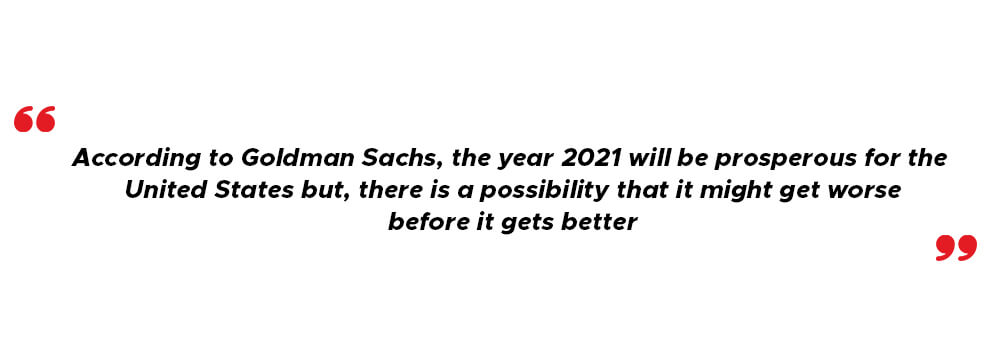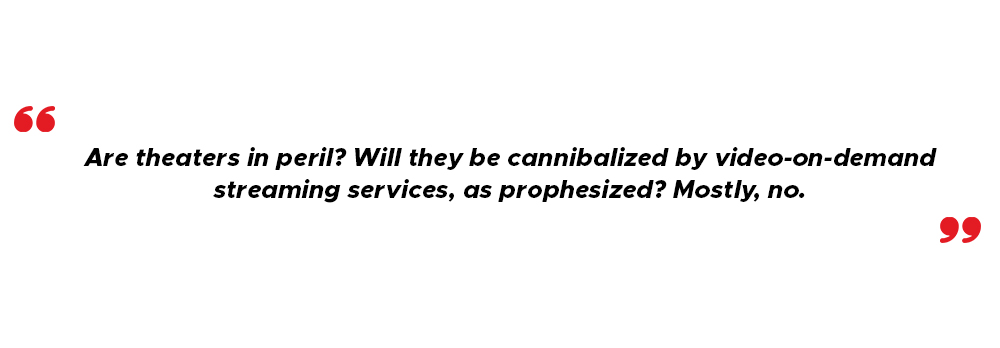Last weekend, Black Widow was released after 14 months of delay.
The long-awaited origin story of the enigmatic Russian spy and Avenger tells the tale of a broken “family” that comes together after 20 years on a mission to liberate other Black Widows — gifted women abducted as children and turned into ruthless killers without their volition.
Black Widow, however, is also funny.
The comedy is dark, as the two sisters in the lead relate their physical and mental trauma with immaculate deadpan.
But the comedy is also goofy, as is characteristic of all the MCU (Marvel Cinematic Universe) films.
And characteristic of the Marvel Cinematic Universe, Black Widow made history.
 Disney, which owns the rights to more than 5000 characters in the Marvel Universe, released the film simultaneously on its platform, Disney+, and select theaters worldwide.
Disney, which owns the rights to more than 5000 characters in the Marvel Universe, released the film simultaneously on its platform, Disney+, and select theaters worldwide.
But for the first time in the history of streaming, last Sunday morning, Disney released the revenue it earned by streaming Black Widow — an eye-opening $60 million (Forbes) over the weekend.
Never before has a streaming platform disclosed the actual money it made by streaming a film or show.
Instead, platforms have always made vague, context-less claims of success, as Warner Bros. did when it said that The Little Things immediately shot up to number one on HBO Max.
In what context? We don’t know.
So, what does it mean for other streaming services?
Will they follow Disney’s example?
More importantly, given Black Widow’s success, should theaters be more worried?
Even superheroes need saving in a pandemic
Black Widow is not the first superhero film released in the middle of a pandemic.
The New Mutants, produced by 20th Century Studios, was released in August 2020. Warner Bros.’ Wonder Woman 1984 came out in December 2020. And New Line’s Birds of Prey was released in January 2020.

And all three proved fantastically poor on both screens.
On the other hand, Black Widow, Marvel’s first release in two years, was something to behold.
Domestically, its box office release earned it north of $80 million (Forbes) — the highest weekend debut since Star Wars: The Rise of Skywalker ($173 million, 2019).
Owing to its aggressive marketing and diehard fans worldwide, the film grossed more than F9: The Fast Saga and Fast & Furious 9 ($70 million) and A Quiet Place Part II ($48 million).
Though it was below-average compared to Marvel’s standards.
Sure, Black Widow’s origin story roared at the opening weekend, leaving behind origin stories of even stalwarts like Black Panther and Captain America.
However, ticket sales plummeted the next day by nearly 43% (Variety). In box office parlance, the film’s 2.0x weekend multiplier was grim, sharing the fate of other big-scale disappointments like Batman v Superman: Dawn of Justice and Suicide Squad.
And experts argue that it is precisely to save face that Disney disclosed the earnings it made from streaming Black Widow on Disney+.
Like most of the MCU’s films, Disney claims that Black Widow, too, grossed $100 million, as it earned $80 million in theaters and an additional $60 million on Disney+, making the total around $140 million.

The figures are still only okay compared to other Marvel hits. But that is an unfair comparison.
From the very beginning, viewers and makers seemed to have a tacit understanding that Black Widow is not as big a deal as, say, Captain America or Iron Man.
Heck, even Spider-Man, who made his first appearance (2016) six years after Black Widow did (2010), got not one but two releases before her!
And yet, despite being on the edge of the spotlight, Black Widow has done surprisingly well.
Read more: 55.1 Million People to Abandon Linear TV by 2022 – Will OTT Kill Linear TV Broadcasting?
But has Disney “cheated”? Is it now fair to add streaming revenues to box office revenues?
If so, what is the future of theaters?
The future of theaters
Are theaters in peril? Will they be cannibalized by video-on-demand streaming services, as prophesized?
Mostly, no.
Let’s do the math.
On Disney+, Black Widow grossed $60 million. The film was available to rent at $30.
We can then assume that 2 million subscribers paid $30 extra to rent the film.
Wait — only 2 million out of the reportedly 100 million subscribers Disney+ has garnered worldwide?
But here is the bigger problem: unlike theaters, where each viewer has to buy their own ticket, the $30 required to rent Black Widow on Disney+ could be shared among multiple viewers.
Wait — does that mean that Disney could have made more money had it released the film exclusively in theaters?
While Disney has not made an official claim, experts believe so.

The figures are still only okay compared to other Marvel hits. But that is an unfair comparison.
David Gross, for instance, of the Franchise Entertainment Research, is certain that a theatrical release generates more revenue than a simultaneous release.
Not only can the rent be split into several people, but audiences worldwide still value the big-screen experience more than the small-screen experience.
David argues that a more lucrative strategy is to release the films in theaters and later, make the films exclusively available on your platform to attract new subscribers.
That, of course, is not news to Disney, who has mastered the approach as evidenced by its blockbusters, which have grossed over $1 billion.
Only this time, Disney did not have a choice.
In the US and Canada alone, only 81% of theaters were in operation (Comscore). The film is yet to have a release date in China.
Where OTT shines
However, what streaming platforms are good for is making money more efficiently.
Think about it.
Disney grossed $80 million domestically. If one ticket costs $8, we can assume that 10 million people watched the film in theaters.
In the short run, Disney made $80 million from 10 million tickets in theaters, but $60 million from 2 million subscribers online.

Further, studios share a cut with theaters to show the film, whereas the $60 million Disney earned online is Disney’s entirely.
But as explained, in the long run, theaters are unmatched.
Besides, while Disney’s disclosure is a good start, it is still vague and without context.
How many people really rented the film? How much did the company lose?
One of the world’s most powerful and successful productions, Disney performed the most basic of PR stunts: it only shared the good news.
Read more: “It’s Going to Be Put Up or Shut Up” — Are the OTT Wars Headed Towards Consolidation?
Secondly, the definition of success in the streaming space is different for different platforms. The space lacks a standard metric or reference to define it.
To some, success is maximum rentals, while to some, it is covering the streaming cost by new subscribers such that the content is effectively streamed at no additional cost.
Still, Disney’s move is historic. Small, but a precedent, nonetheless.

